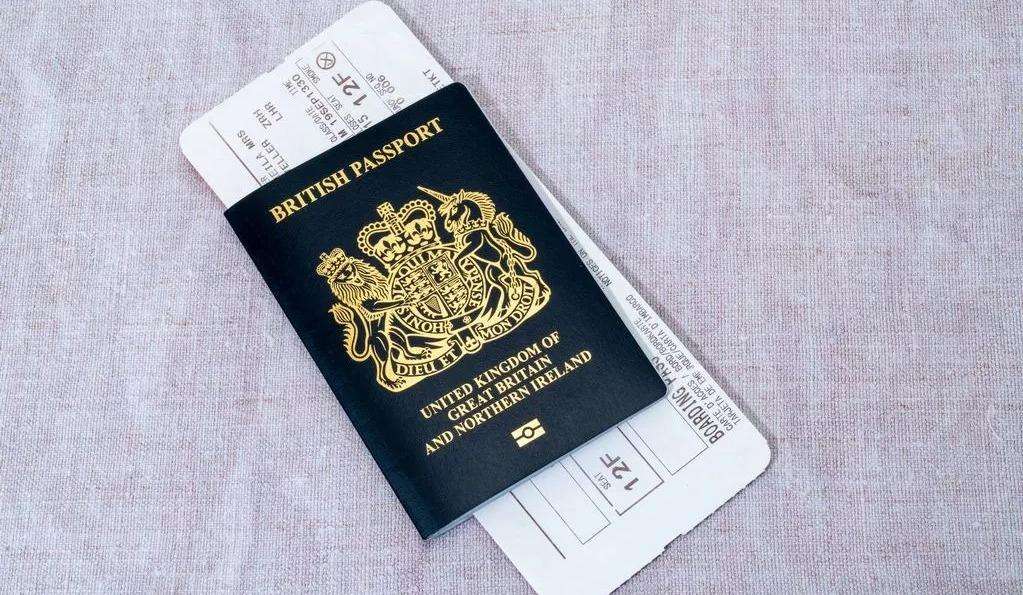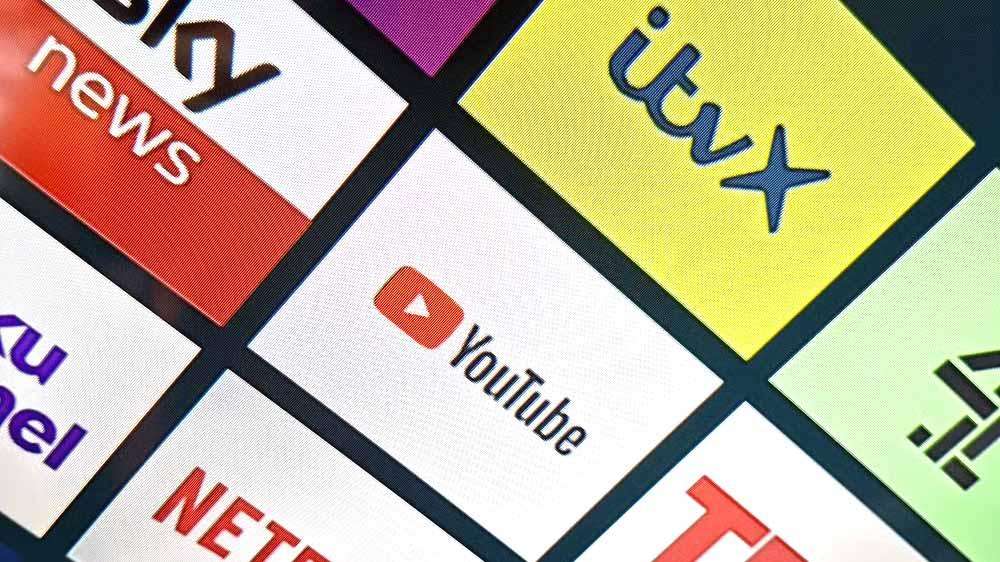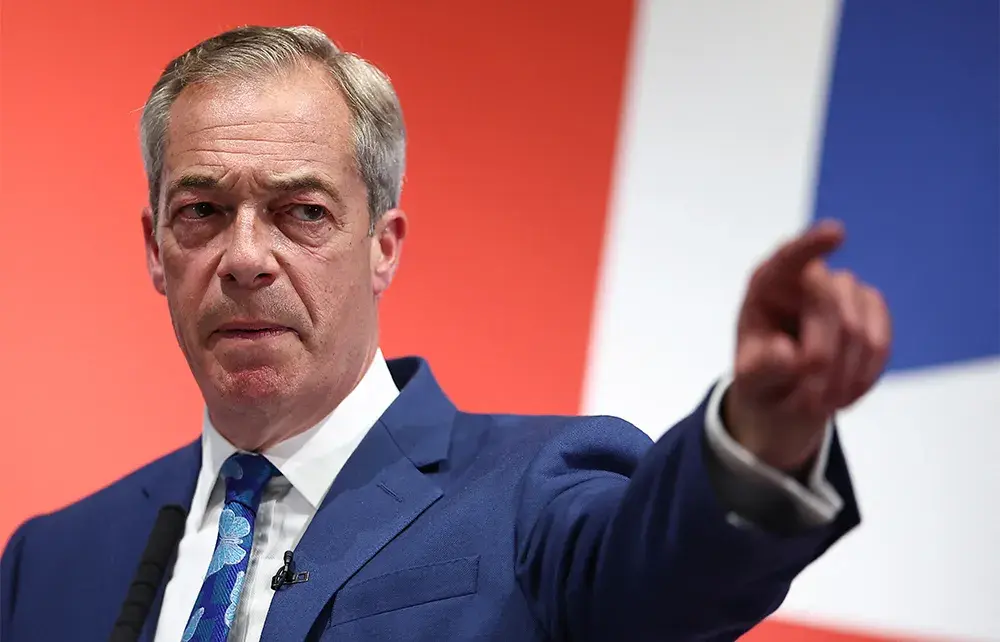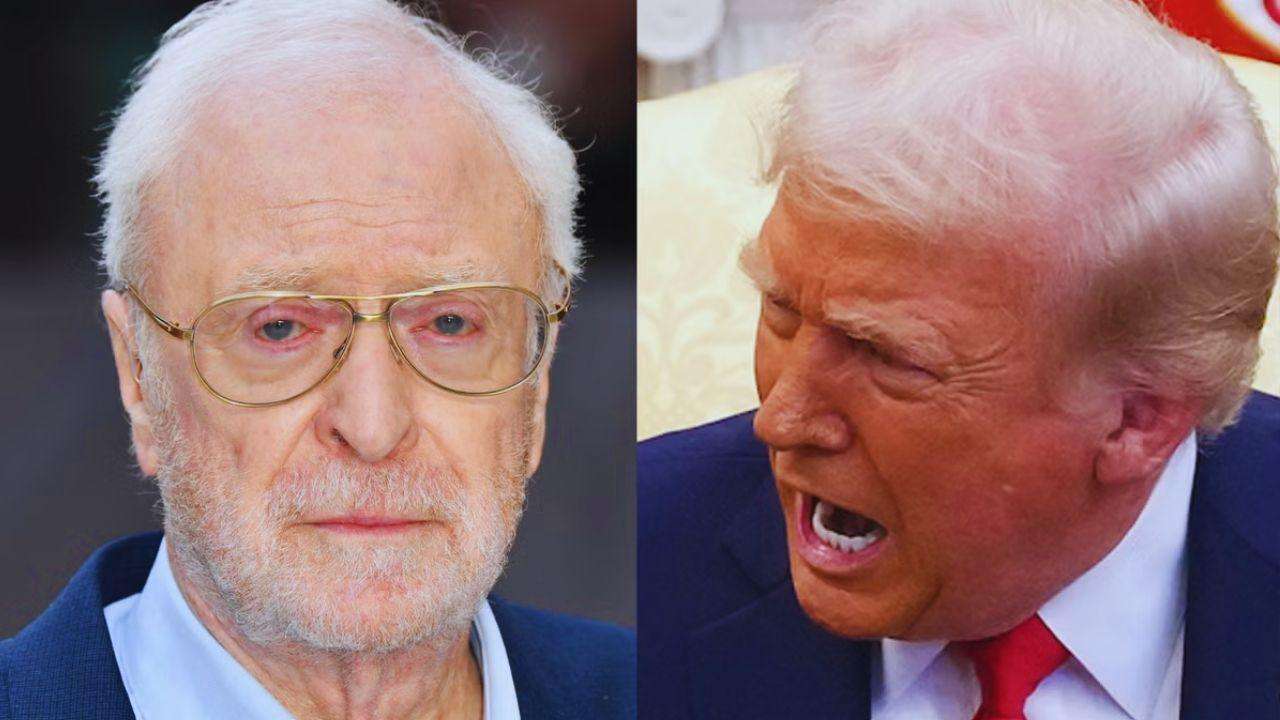Labour is ramping up its criticism of Nigel Farage’s Reform UK over its stance on Russia, as polling and focus groups indicate strong public support for Ukraine and opposition to Vladimir Putin.
A cabinet source revealed that Labour intends to “take the fight” to Reform on issues such as the Ukraine war and the NHS, having “woken up” to the party’s reluctance to stand firmly against Putin.
Since the election, all major parties have been strategizing on how to counter Farage’s growing influence, with Reform often matching or narrowly surpassing Labour and the Conservatives in opinion polls.
In recent days, Labour and the SNP have intensified their attacks on Farage, particularly over his past remarks about Russia. Criticism has focused on his 2014 statement naming Putin as the world leader he most admired, as well as his claim last year that Russia was provoked into war in Ukraine.
Keir Starmer delivered a pointed rebuke this week, accusing Farage of “fawning over Putin,” while SNP Westminster leader Stephen Flynn branded Reform MPs “Putin’s poodles” for largely skipping key parliamentary debates on defence and security. Farage dismissed these remarks, suggesting the prime minister was “terribly upset” and “scared” of him.
SNP leader John Swinney also weighed in, calling Farage an “accomplice to the Russian agenda and an apologist for the Russian agenda.”
With national security at the forefront of political discourse, polling shows the British public remains strongly pro-Ukraine, even as figures like Donald Trump signal interest in negotiating a deal with Putin and voice criticism of President Volodymyr Zelenskyy.
Luke Tryl, executive director of the think tank More in Common, noted that Reform’s position on Ukraine and Russia is out of sync with public sentiment. He cited polling showing that seven in ten Britons believe it is important for Ukraine to win the war. Tryl also pointed out that Reform’s momentum in the election stalled after Farage made controversial remarks about Putin and Ukraine.
Although recent polling indicates a slight dip in Reform’s support, Tryl suggested that shifting global events may be influencing public sentiment more than concerns over the party’s stance on Russia.
Even some within Reform acknowledge that the party’s position on Russia is a vulnerability. One insider described it as a “chink in the armour” and suggested the party might have performed even better in the election if Farage had not claimed during the campaign that NATO and EU expansion had given Putin justification for war.
“He doesn’t conform to expectations, which means he sometimes goes off on tangents. When asked about Ukraine, he gave an honest answer,” the insider said.
Farage’s stance on Russia has become more critical in recent years, but he remains less hostile than many of his political opponents.
Between 2010 and 2014, he appeared 17 times on Russian state-funded RT. During his time as an MEP for Ukip and the Brexit Party, he and his parties occasionally aligned with far-right factions in the European Parliament to oppose EU motions condemning Russia.
Over the past year, Farage has acknowledged Putin’s responsibility for the war and rejected Trump’s claim that Zelenskyy is a dictator. However, he has also suggested Ukraine should move towards democratic elections and has consistently advocated for a negotiated resolution to the war.
A Reform spokesperson highlighted comments this week by the party’s deputy leader, Richard Tice, saying Reform “stands united” against the “monstrous tyranny of that most evil, evil villain Putin”.
During a House of Commons debate marking the third anniversary of Russia’s invasion of Ukraine, Richard Tice stated: “We at Reform stand united with the entire House in support of Ukraine and its courageous people… The reality is that Putin is a vile dictator—we all acknowledge that. My leader has also made it clear that Putin is the aggressor in this war.”
Meanwhile, Andy Burnham, the mayor of Greater Manchester, suggested that the next general election in the north could become a direct contest between Labour and Reform.
He also warned that Reform poses a significant challenge in a potential byelection for Mike Amesbury’s Runcorn and Helsmby seat, as well as in the next general election, noting that “politics is changing fast” and that the UK has witnessed the “meteoric rise of one political party.”
“I believe the election will not follow the usual party alignments but instead become a more binary choice,” Burnham said. He argued that the Conservative Party had “made itself somewhat irrelevant,” as what remains of it has shifted toward a “new right” ideology.
“I don’t think the public will have the same general election choice as before,” he added, suggesting that the political landscape was evolving into a contest between “two options.”








.svg)




_1.jpg)